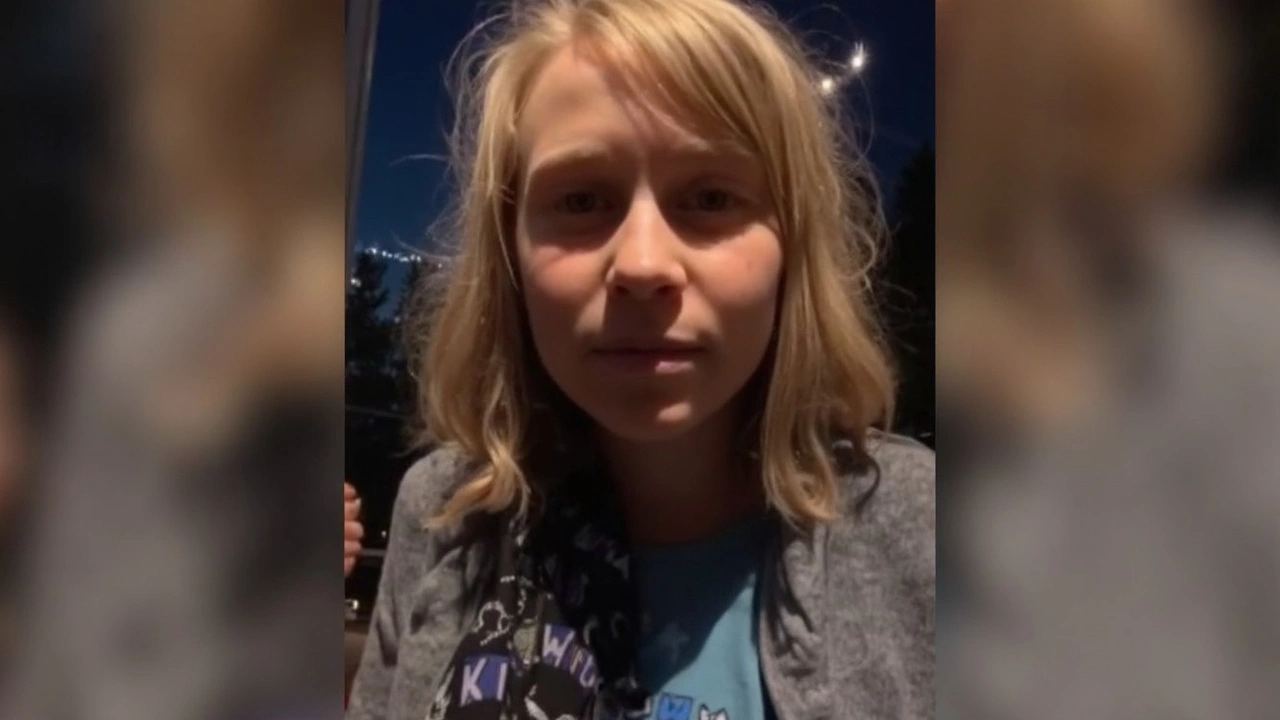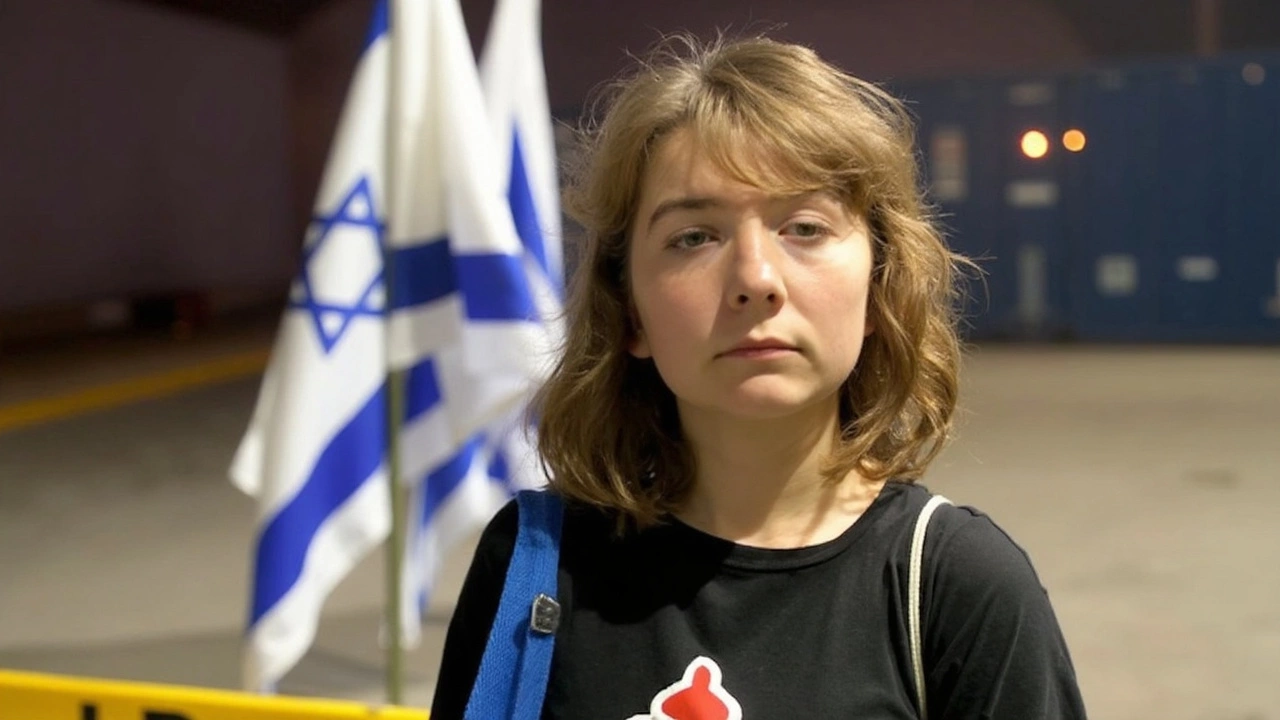Gaza Aid Mission Interrupted by Israeli Authorities
The Israeli navy stepped in Monday to block a British-flagged yacht from delivering humanitarian aid directly to Gaza, reigniting heated debates over the ongoing blockade. The yacht, Madleen, wasn't your average vessel—it carried a small but symbolic cargo of rice, baby formula, and hope, along with big-name campaigners like Greta Thunberg. Their goal was blunt: break the blockade, and bring food directly where it’s needed.
The interception highlights the continuing struggle outside the headlines for people in Gaza. The blockade, in force since 2007, severely restricts what gets in and who gets out. This time, the authorities didn’t just issue warnings—they boarded the Madleen and took everyone into custody. Israel’s Foreign Ministry said the aid would go through the official channels, stressing the point that attempts to sidestep the blockade would be stopped at sea.

Detention, Deportation, and a Humanitarian Stand-off
The twelve passengers on the ship included climate activist Greta Thunberg and a journalist. Legal advocacy group Adalah said Thunberg and two others agreed to deportation, a process expected to happen quickly. But the remaining activists decided to dig in, refusing deportation and risking strict detention.
The activists were part of a campaign to challenge Israel's naval blockade, and the Madleen's journey had started back on May 1 from Sicily. The Freedom Flotilla Coalition, which organized the voyage, called the detentions unlawful and demanded the immediate release of all volunteers. They also insisted the seized aid should make its way to civilians in Gaza without interference.
This isn’t the first time a flotilla has tried to break through. Every attempt to bring aid directly by sea becomes headline news, and each one sparks debate over international law, the legality of the blockade, and the humanitarian needs inside Gaza. The Israeli government counters these missions by highlighting the risks of uncontrolled deliveries—citing security concerns and the possibility of weapons smuggling.
- The cargo this time included just essentials, foods like rice and critical supplies like baby formula, but activists say the symbolism matters as much as the shipment.
- With 2.2 million residents in Gaza, authorities have argued that outside help remains crucial, but many international shipments are regularly delayed, checked, or diverted—leading to ongoing frustration among aid organizations.
- Israel maintains that it allows humanitarian supplies into Gaza regularly, but critics say the process is too slow and too restrictive, especially when it comes to food and medical equipment.
The incident on June 9 isn’t just about a single ship or batch of aid—it’s about the wider fight over who controls the flow of basic goods to civilians in wartime. Whether more such convoys are now inspired remains to be seen, but nobody expects the arguments to stop here. For now, at least, a handful of volunteers are waiting for deportation, a few are choosing detention over going home, and the people of Gaza are still waiting for supplies to actually reach them.
